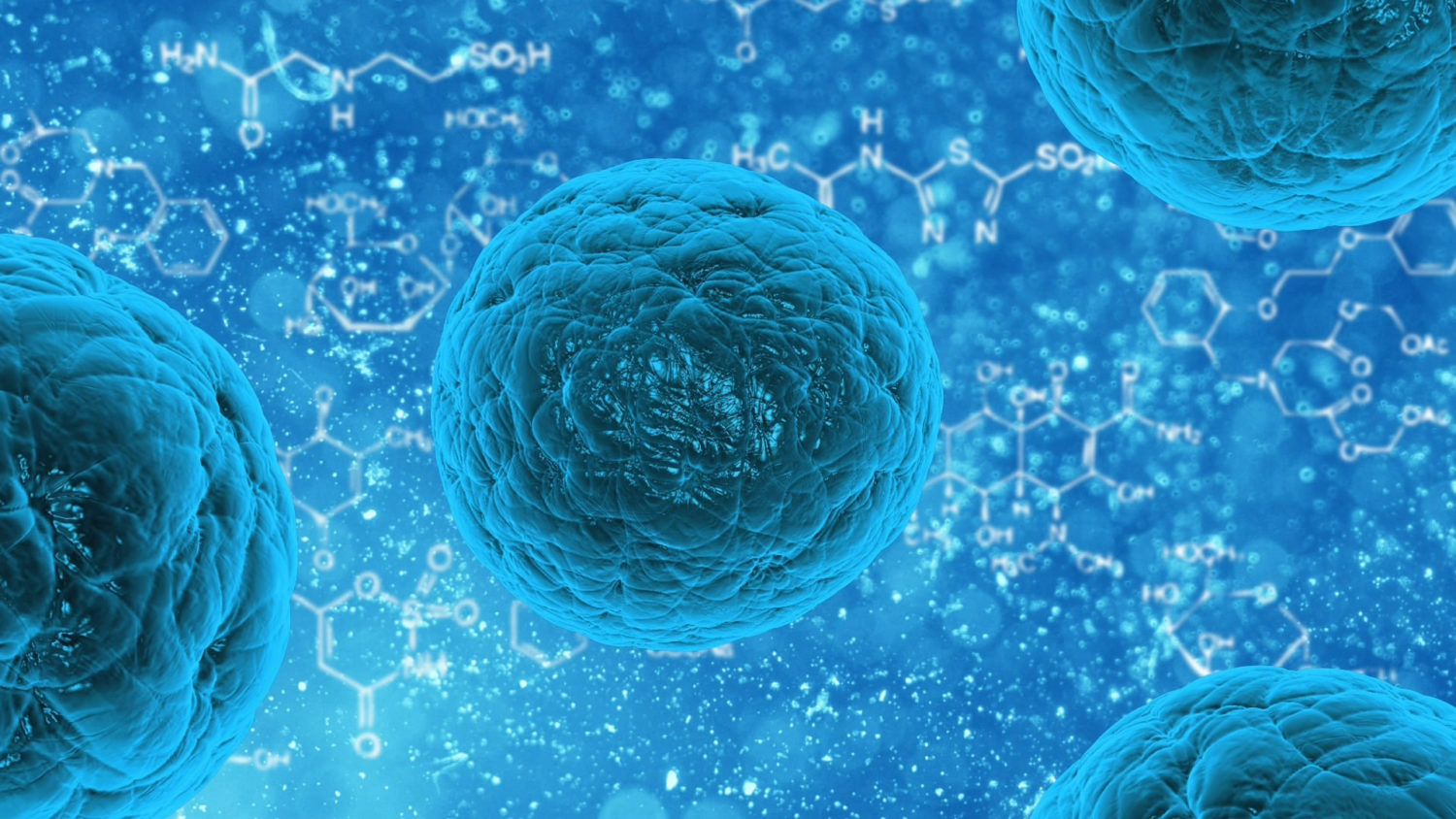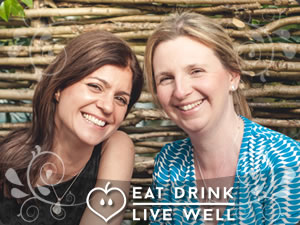We are what we host
Most of us try to implement healthy habits in our lives. We spend time and money buying ‘superfoods’ and supplements and try to avoid alcohol, sugar and processed foods when we can. But how many of us are paying particular care to our microbiome? It’s a game-changer in how we perceive our health, our diets and lifestyles and is our number one clinical consideration in our practice.
Think about the numbers. Our DNA produces only 20,000 genes whilst the microbes in our gut produce somewhere between 2-20 million genes. Looking at it this way it becomes clear that essentially we are less than 1% human! Scientists around the globe are realising that the behaviour of the microbiome is far more fundamental to health than we ever thought possible and this is reflected by the flurry of research being published. The science in this area is advancing faster than anything we have seen before but there are things we can do today that can impact our health on so many levels.
Diet is the most powerful way to change our microbes, we eat 3 or 4 times a day so we are continually faced with an opportunity to nurture or destroy our friendly bacteria. In this way diet really does change who we are. And we can modulate it in a way that protects us. Our health is a reflection of what we eat – we are what we host!
Our microbiome is fundamental to everything that we are and everything that we do. Everything we eat, the air we breathe, even our thoughts get transformed and filtered by our microbiome. It’s our biggest detox organ, our biggest nutrient generator, it affects our immune system, mitochondrial function, enzyme production, natural antibiotics, ability to absorb nutrients, metabolic rate, hormones and so much more.
In return we give them a home and we provide things for them – we are eating to feed them. Every forkful of what we eat has an effect on our microbiome and the billions of species are competing with each other. We want to be encouraging the friendly ones to proliferate by crowding out the less helpful species. Bad bacteria trigger the wrong messages to our bodies, causing inflammation and altered pathways.
Diet can change the microbiome within days, in either direction. So how can we nurture our microbiome? We need to feed them. And their food of choice is known as ‘prebiotics‘. All plant foods are beneficial, but if you’re serious about it, the hard-hitting prebiotic foods are asparagus, bananas (on the green side), garlic, leeks, onions and chicory.
But probably the most important consideration is diversity – different strains eat different things so ensuring a rich diversity of plant foods helps ensure a rich diversity of microbes. If there is any single take home message from this article it is to have as varied (and colourful) a diet as possible.
Our organisms need appropriate environmental conditions to thrive and that always comes back to diet.
And keep an eye out for our future articles where we will further explore microbiome disruptors and microbiome promoters with simple advice on what to eat, what not to eat, probiotic foods and supplements to upgrade your health.
Emma and Caroline x
If you’re interested in working with us on a personalised plan to support your own microbiome, including specific tests that can identify your unique organisms (including any pathogens) and digestive markers why not book in for a free 15 minute Discovery Call to see what we can offer?





